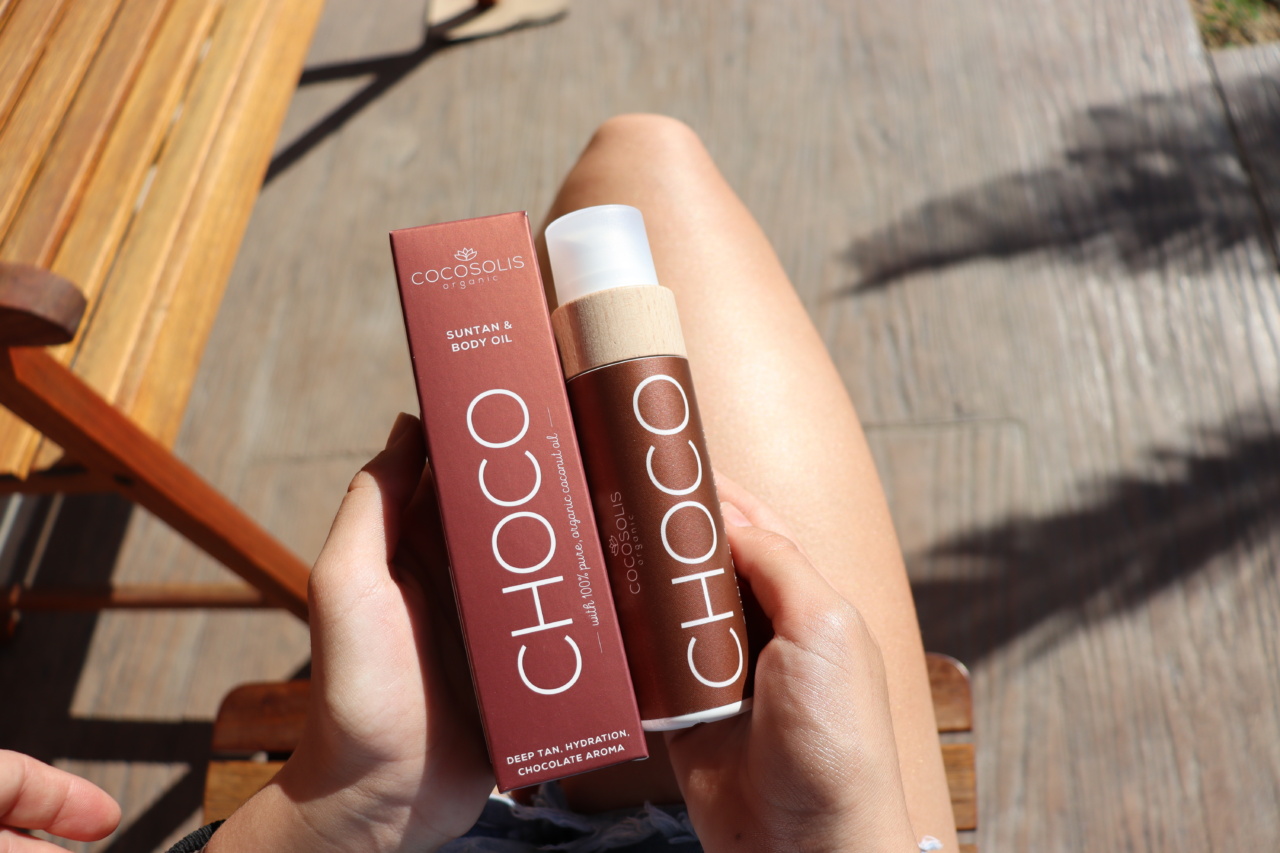Summer is here and with it comes the desire to get outside and soak up some sun. However, many people forget about the dangers of tanning and the risks that come with prolonged exposure to UV rays.
Tanning your legs can be especially dangerous, as they are one of the most commonly overlooked and unprotected areas of the body. In this article, we will discuss the dangers of tanning your legs and what you can do to protect yourself.
What are the Risks?
Tanning your legs can have a number of negative effects on your health. One of the most common risks associated with tanning is the development of skin cancer.
According to the American Academy of Dermatology, skin cancer is the most common form of cancer in the United States, with over 9,500 people diagnosed each day. This includes a wide range of skin cancers such as melanoma, basal cell carcinoma, and squamous cell carcinoma.
Tanning can also cause premature aging of the skin, including the development of wrinkles, age spots, and other signs of damage.
This is because UV rays from the sun or tanning beds break down the collagen and elastin fibers in the skin, which are responsible for keeping it firm and supple. Over time, this can cause the skin to become dry, thin, and more prone to wrinkles and other signs of damage.
How to Protect Yourself?
Fortunately, there are a number of steps you can take to protect yourself from the risks associated with tanning your legs. The first and most important step is to avoid tanning altogether.
While the sun can have some health benefits, such as helping the body produce vitamin D, too much exposure can be harmful. If you do choose to tan, be sure to use sunscreen with an SPF of at least 30 and reapply every two hours or after swimming or sweating.
You can also wear protective clothing such as long pants or leggings to cover your legs and reduce your exposure to UV rays. In addition, you can seek out shade when spending time outside, such as sitting under a tree or umbrella.
Avoiding tanning beds is also essential, as they have been shown to be a major cause of skin cancer and other health problems.
Conclusion
While it may be tempting to soak up some sun and get a tan, the risks associated with tanning your legs are simply not worth it. Skin cancer is a serious issue and can have devastating consequences.
By taking steps to protect yourself, such as avoiding tanning altogether, wearing protective clothing, and seeking shade when spending time outside, you can reduce your risk of developing skin cancer or other health problems.


























